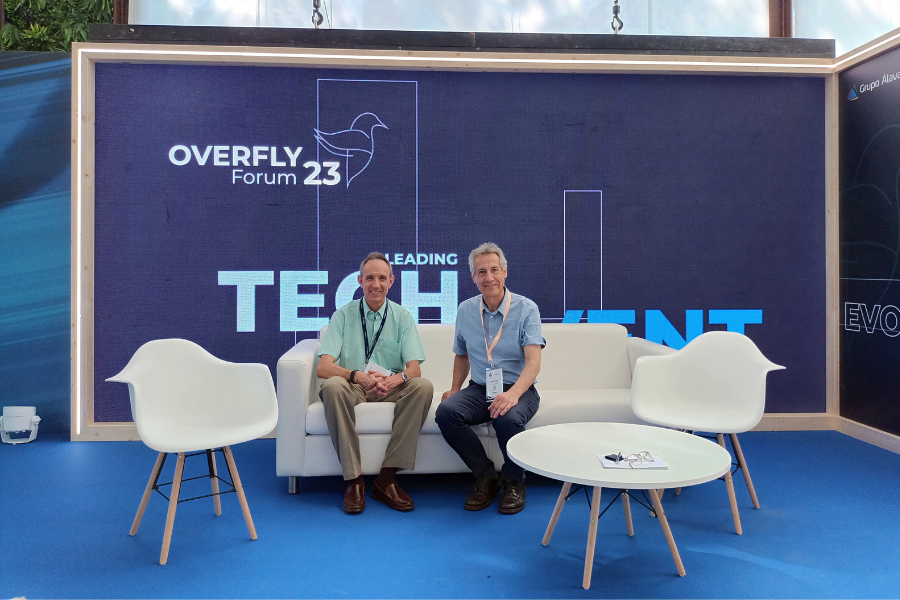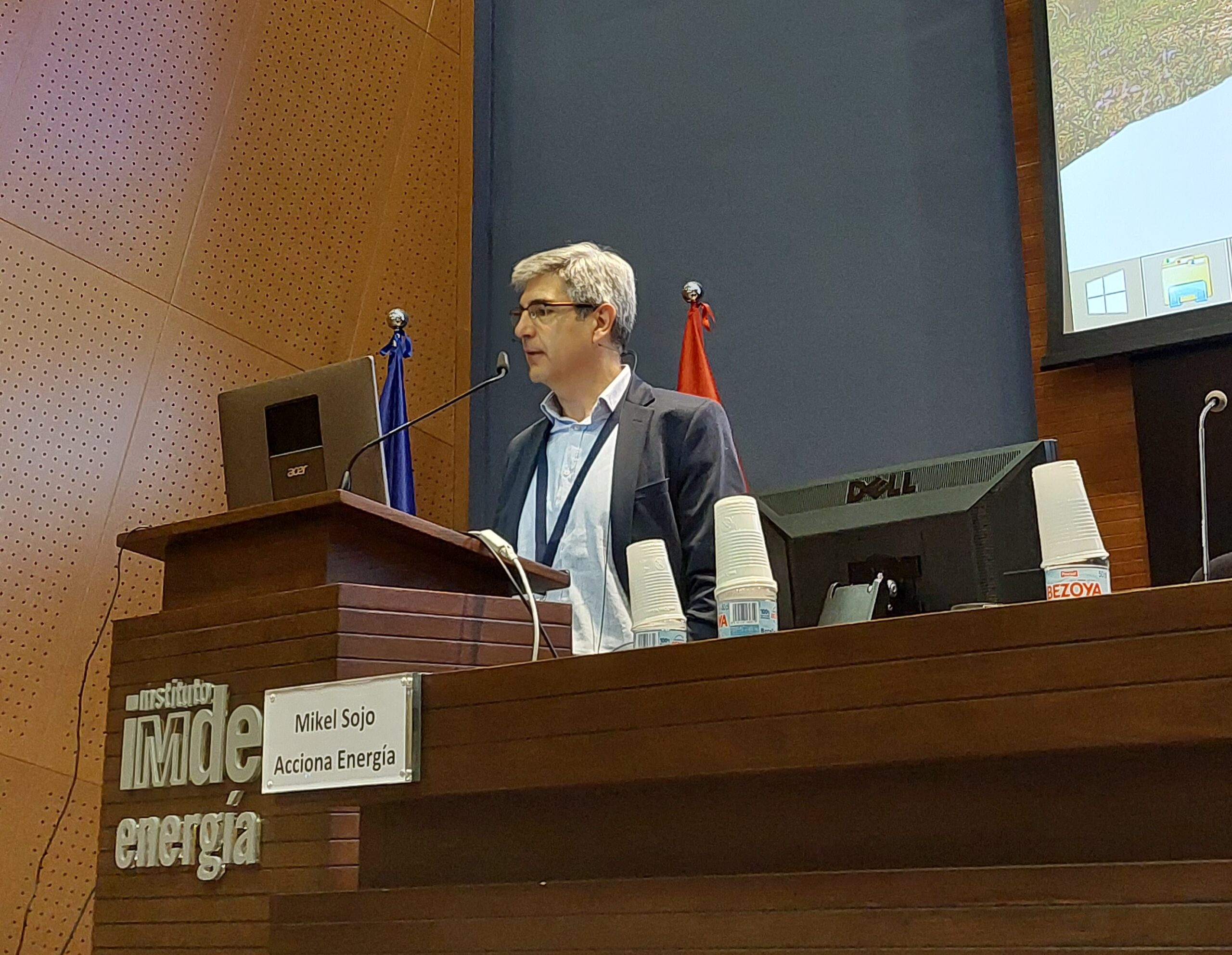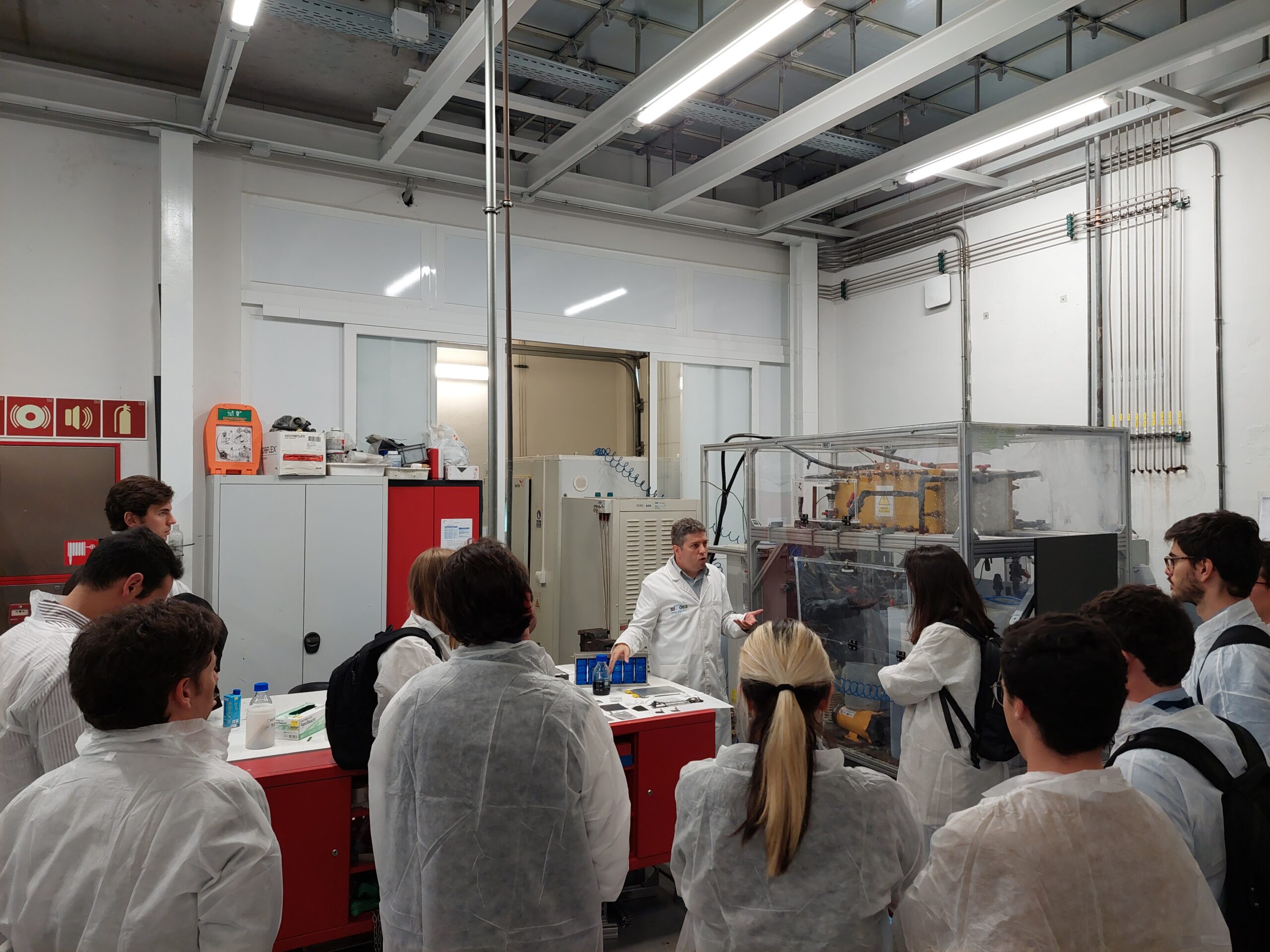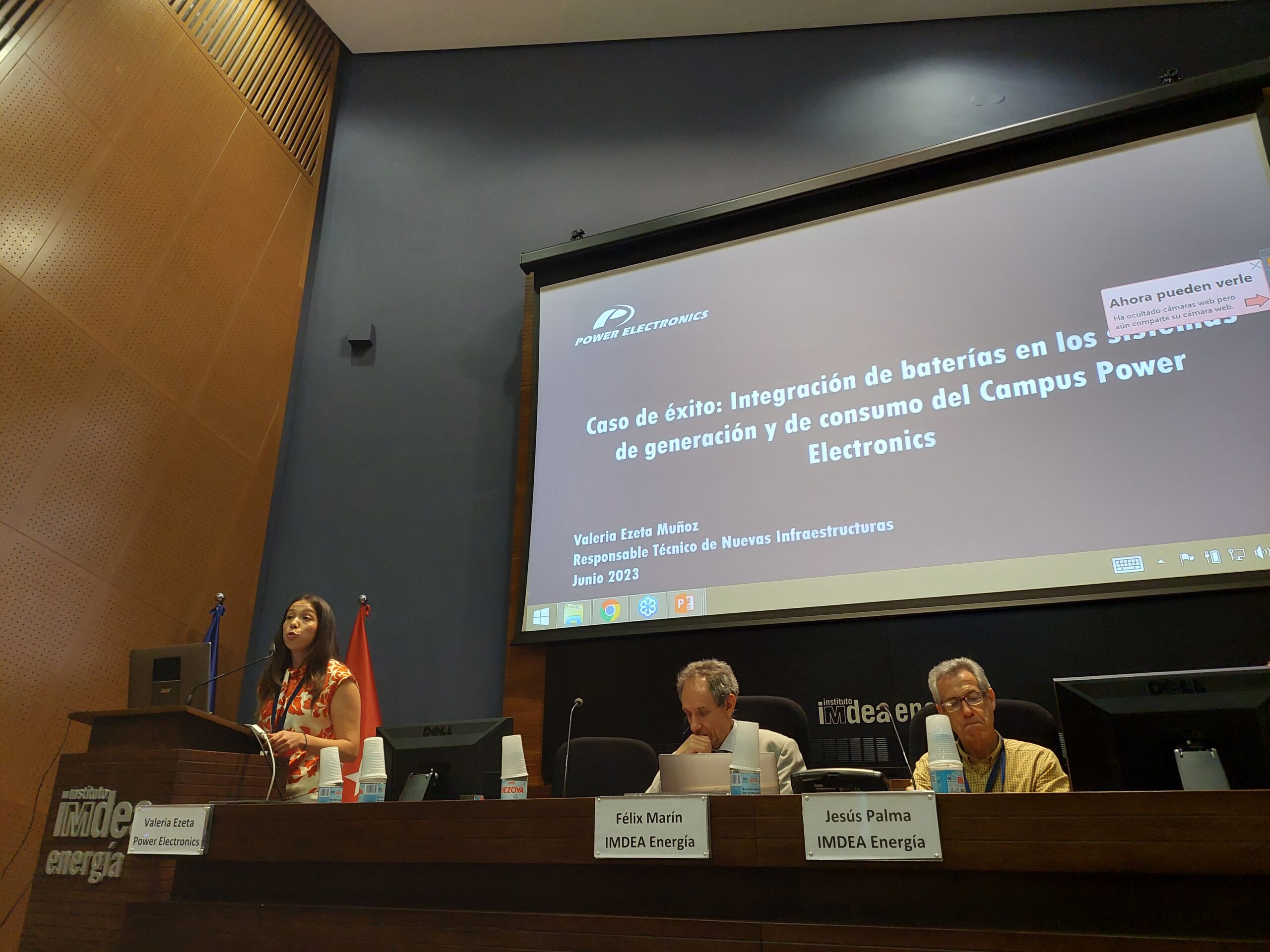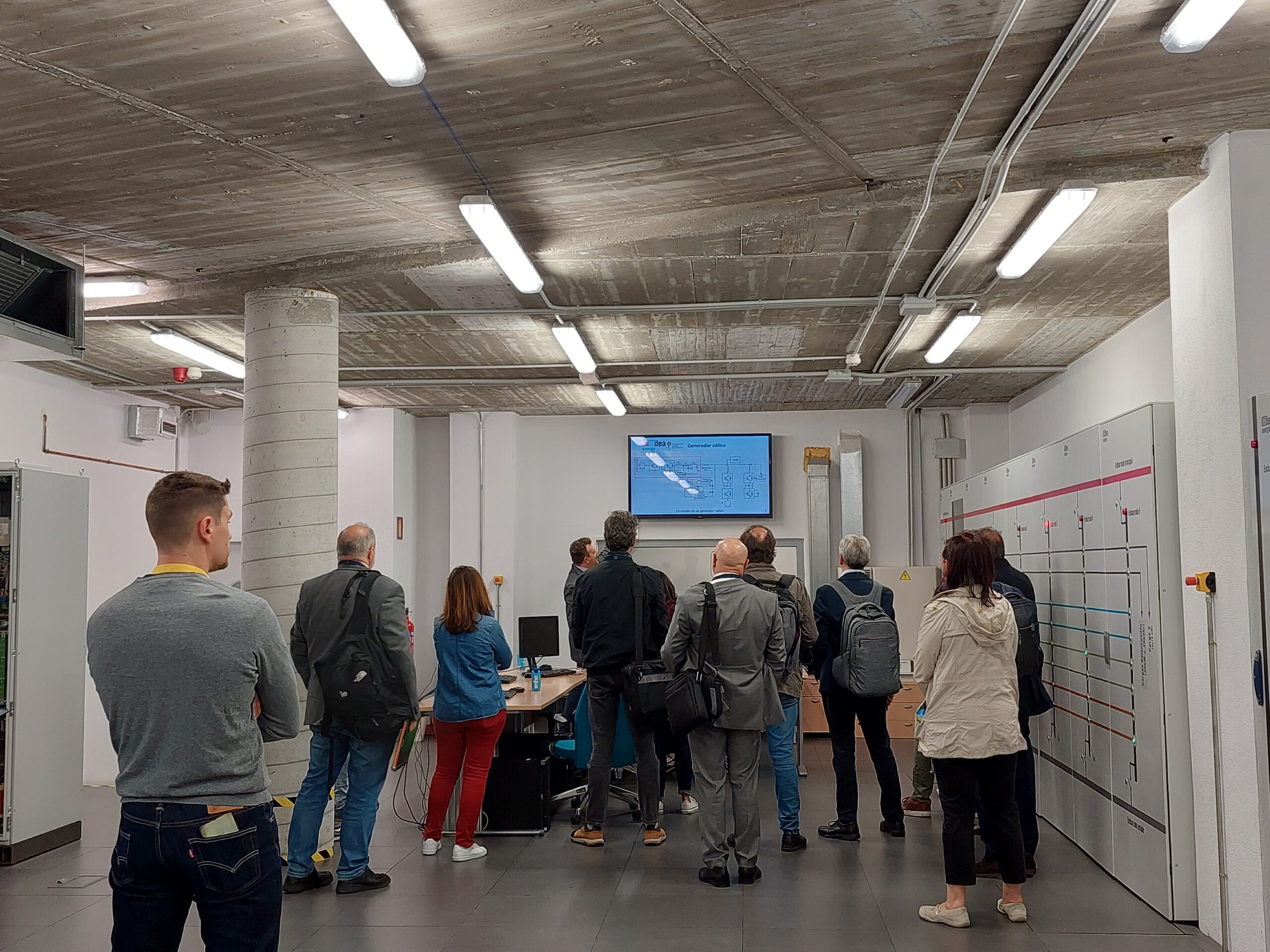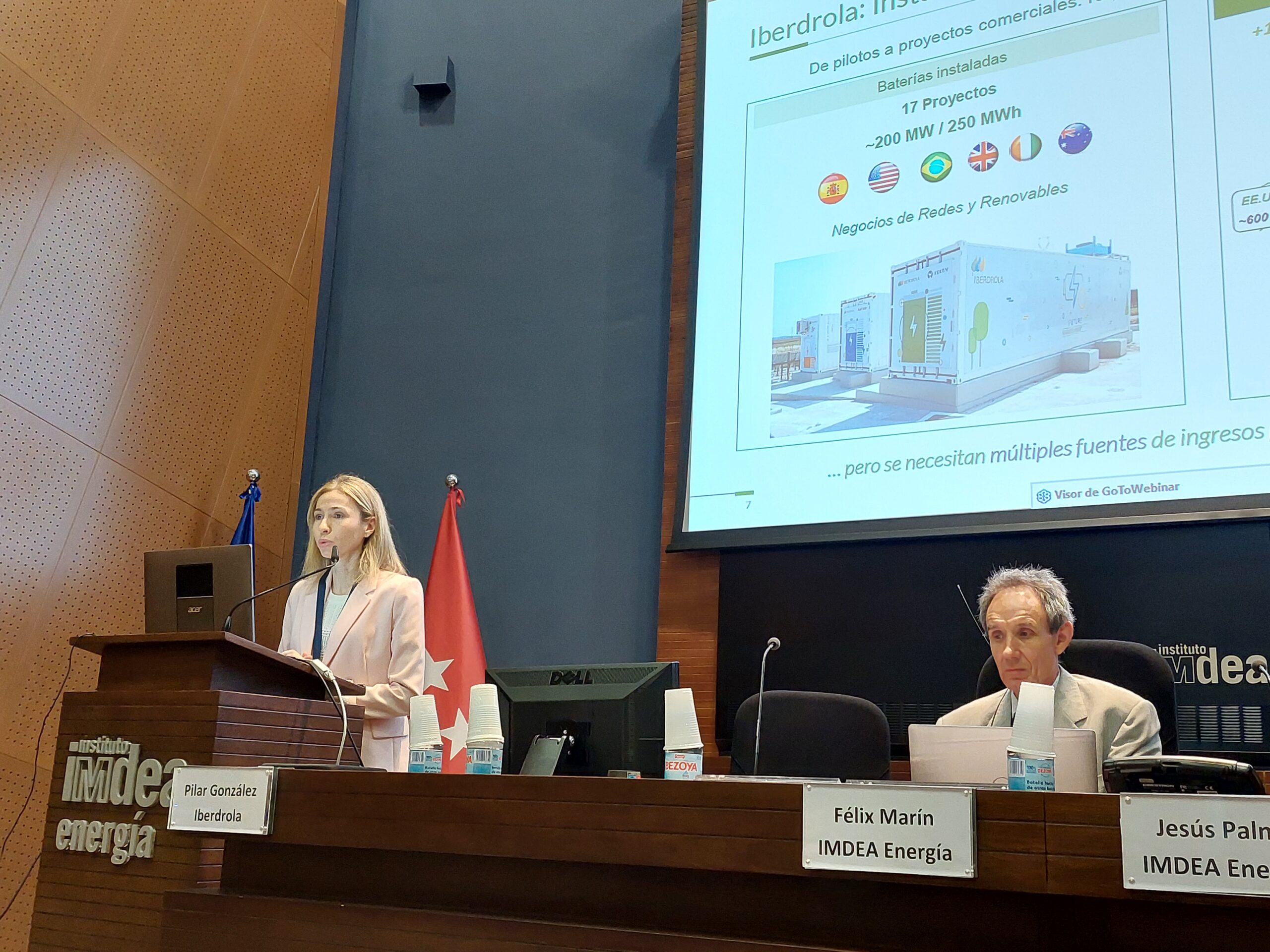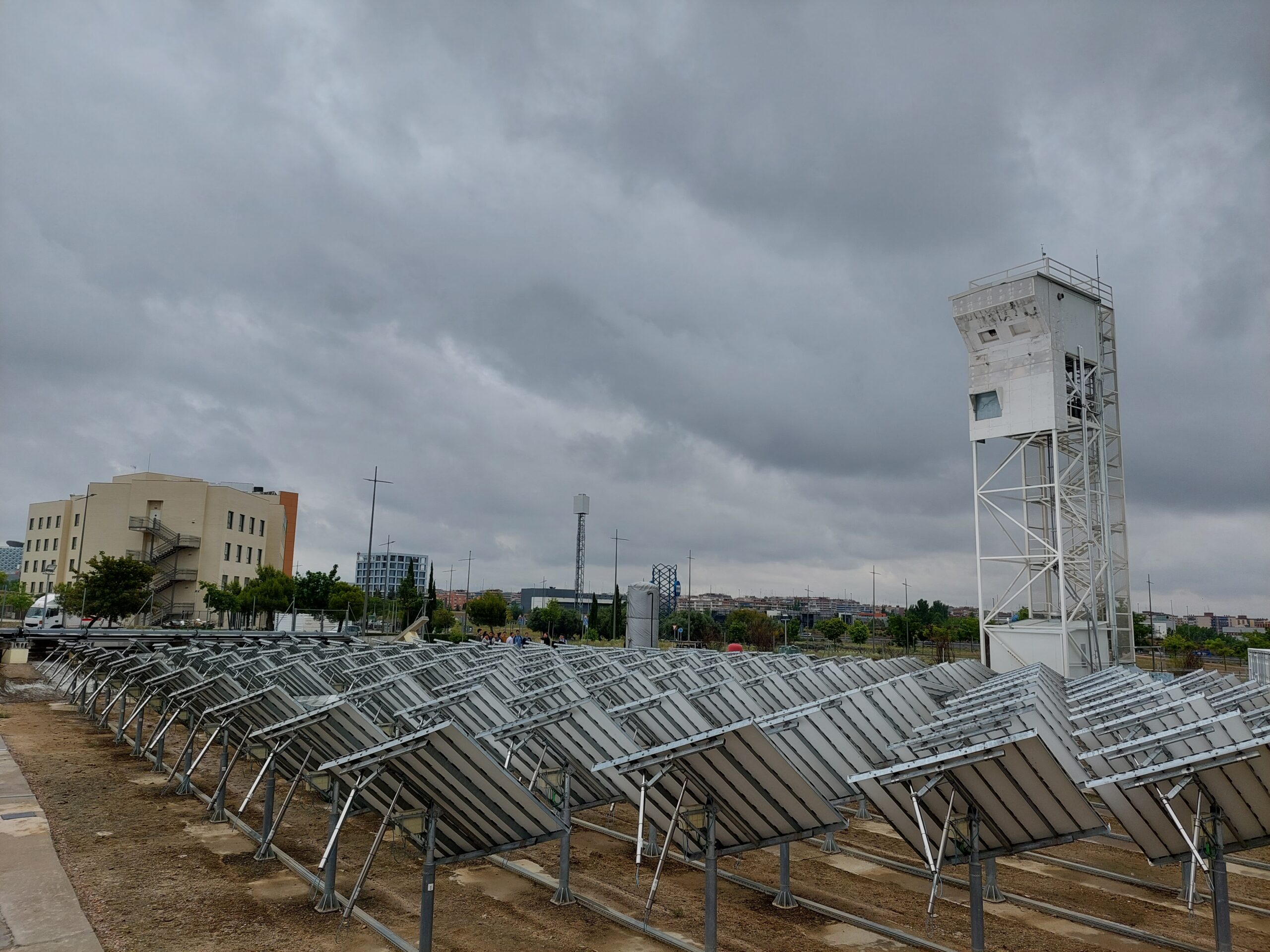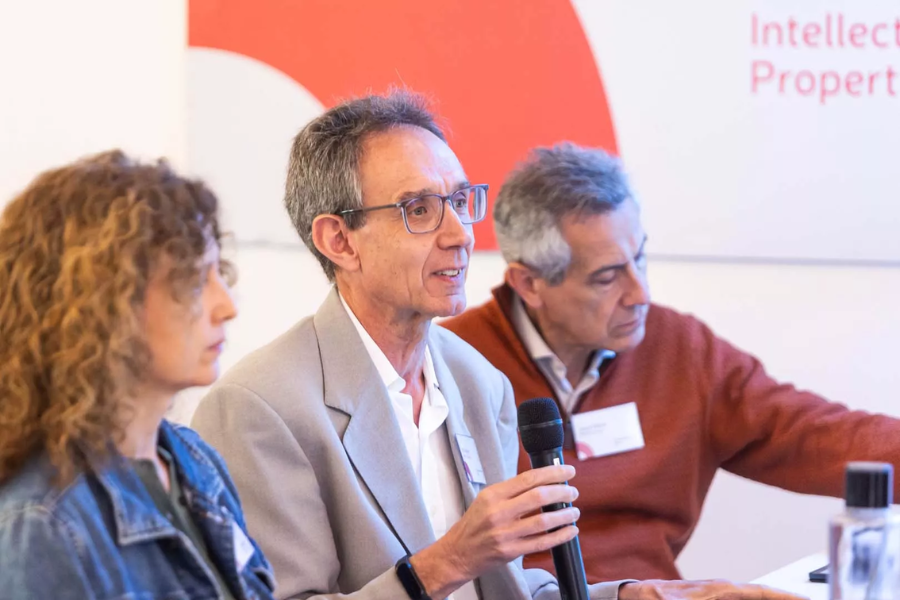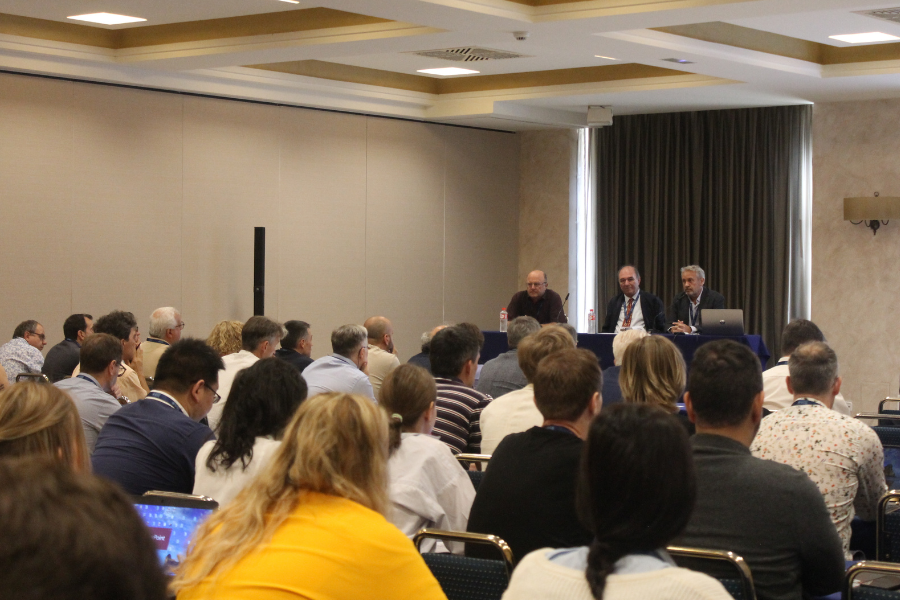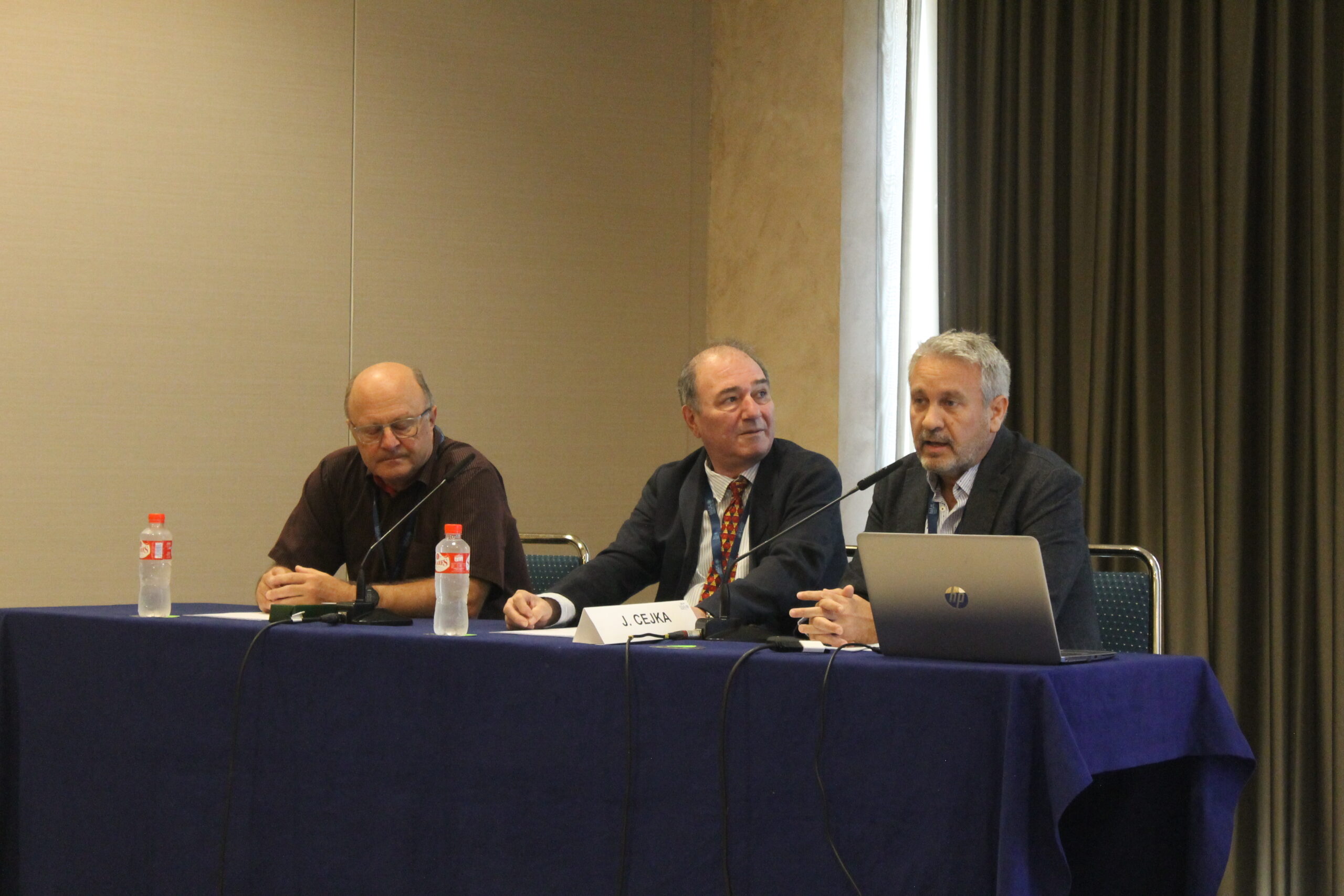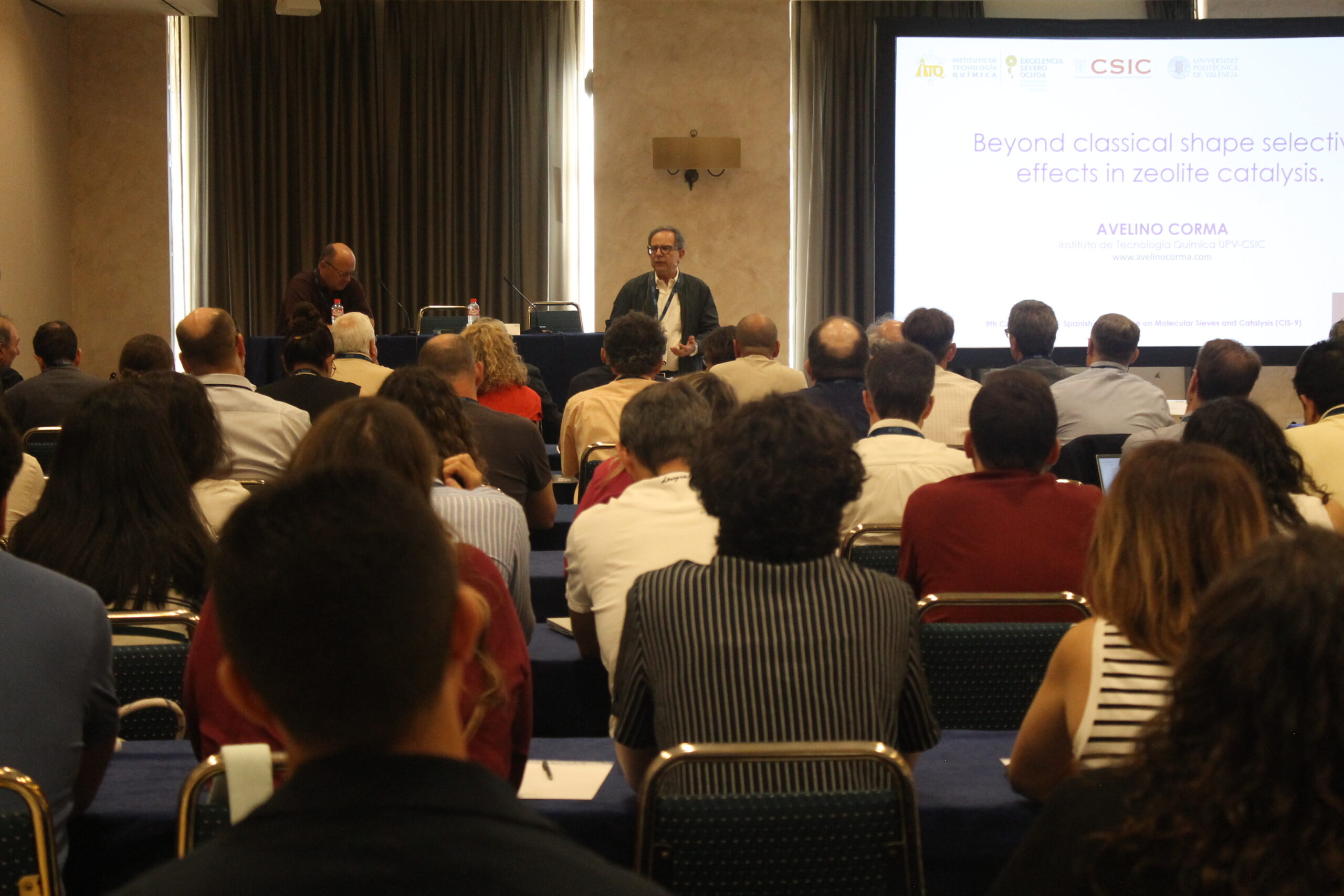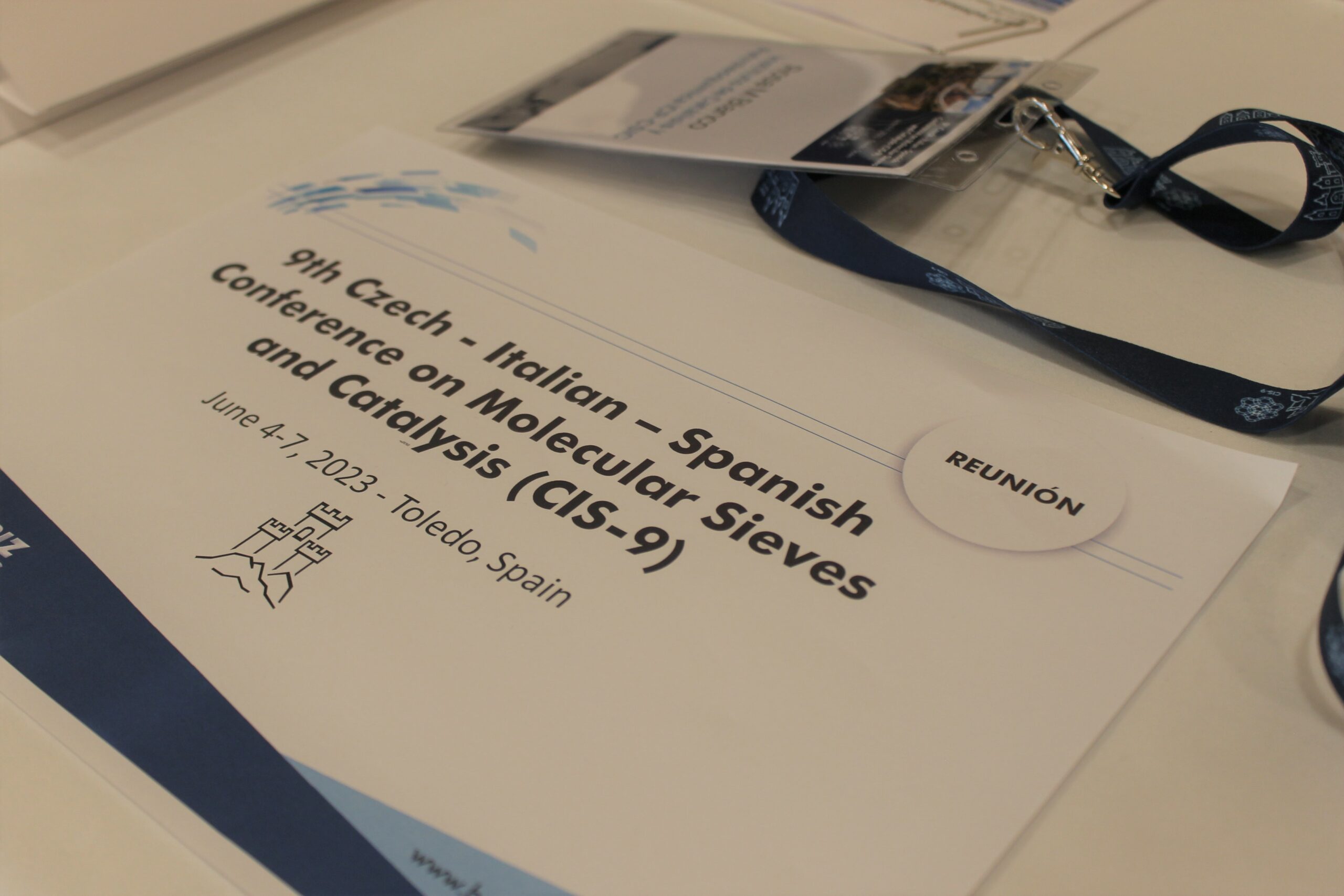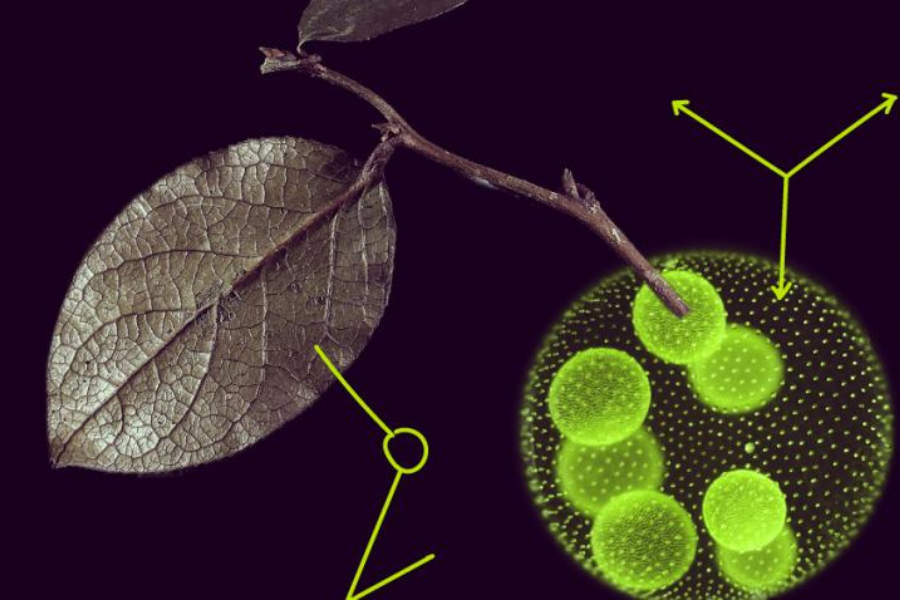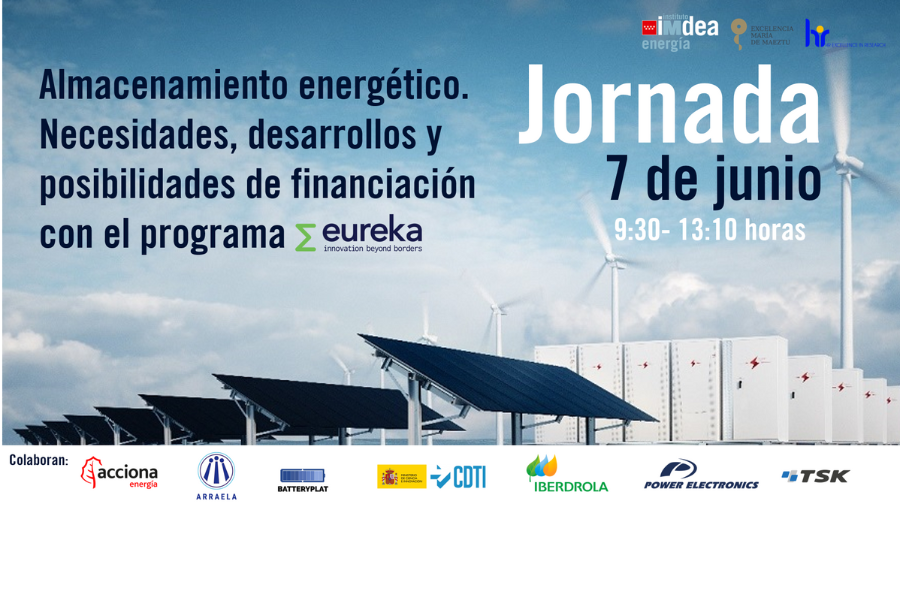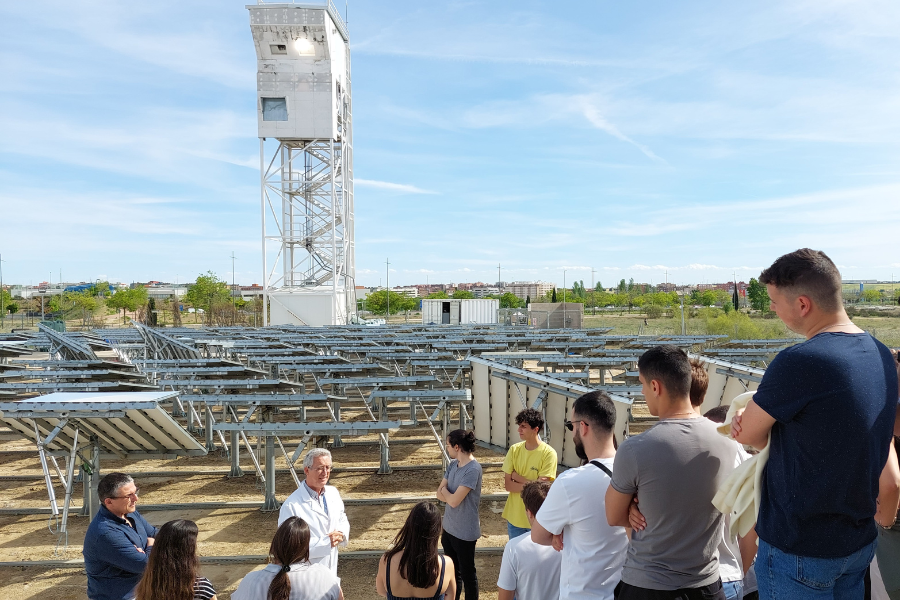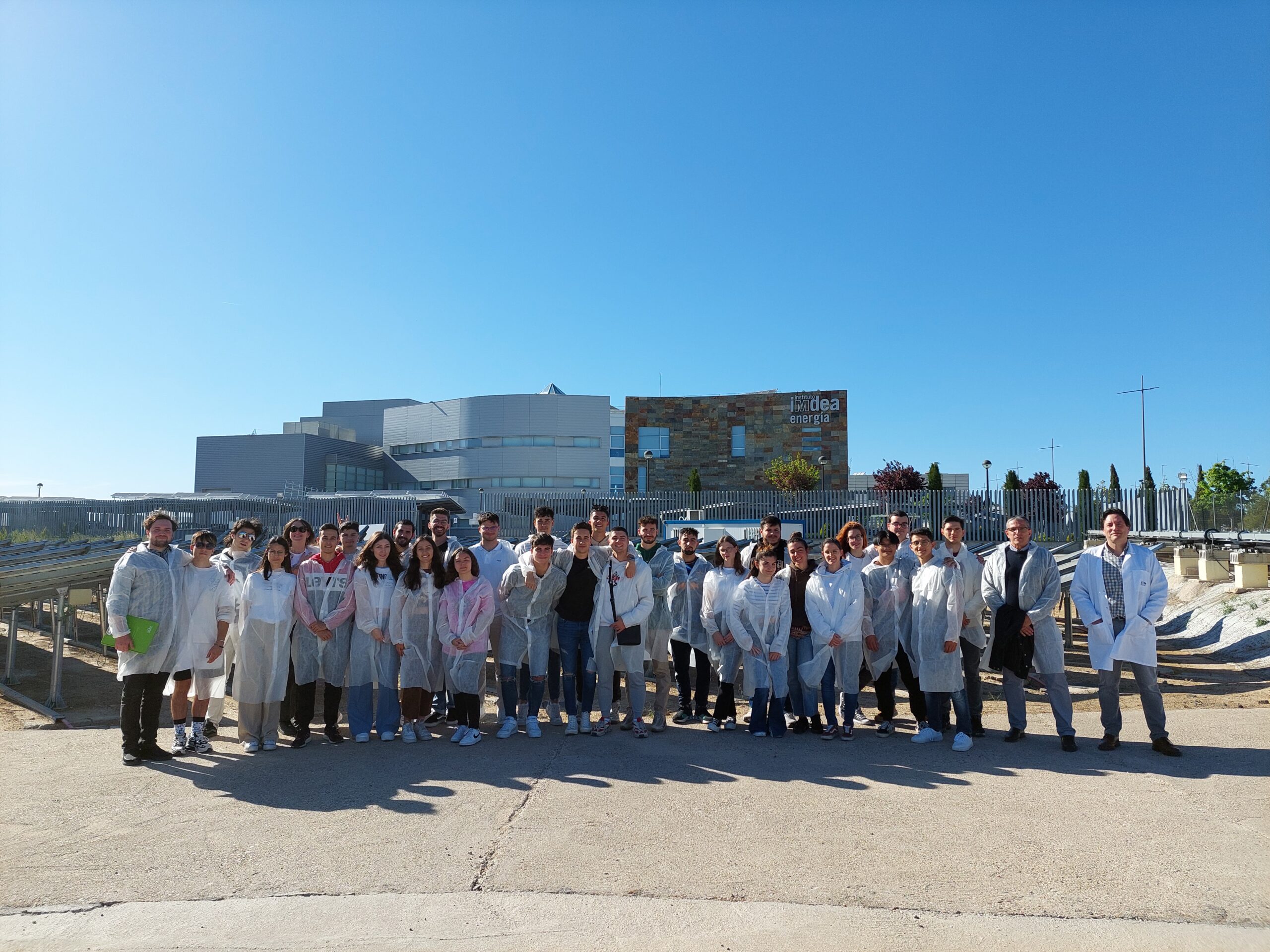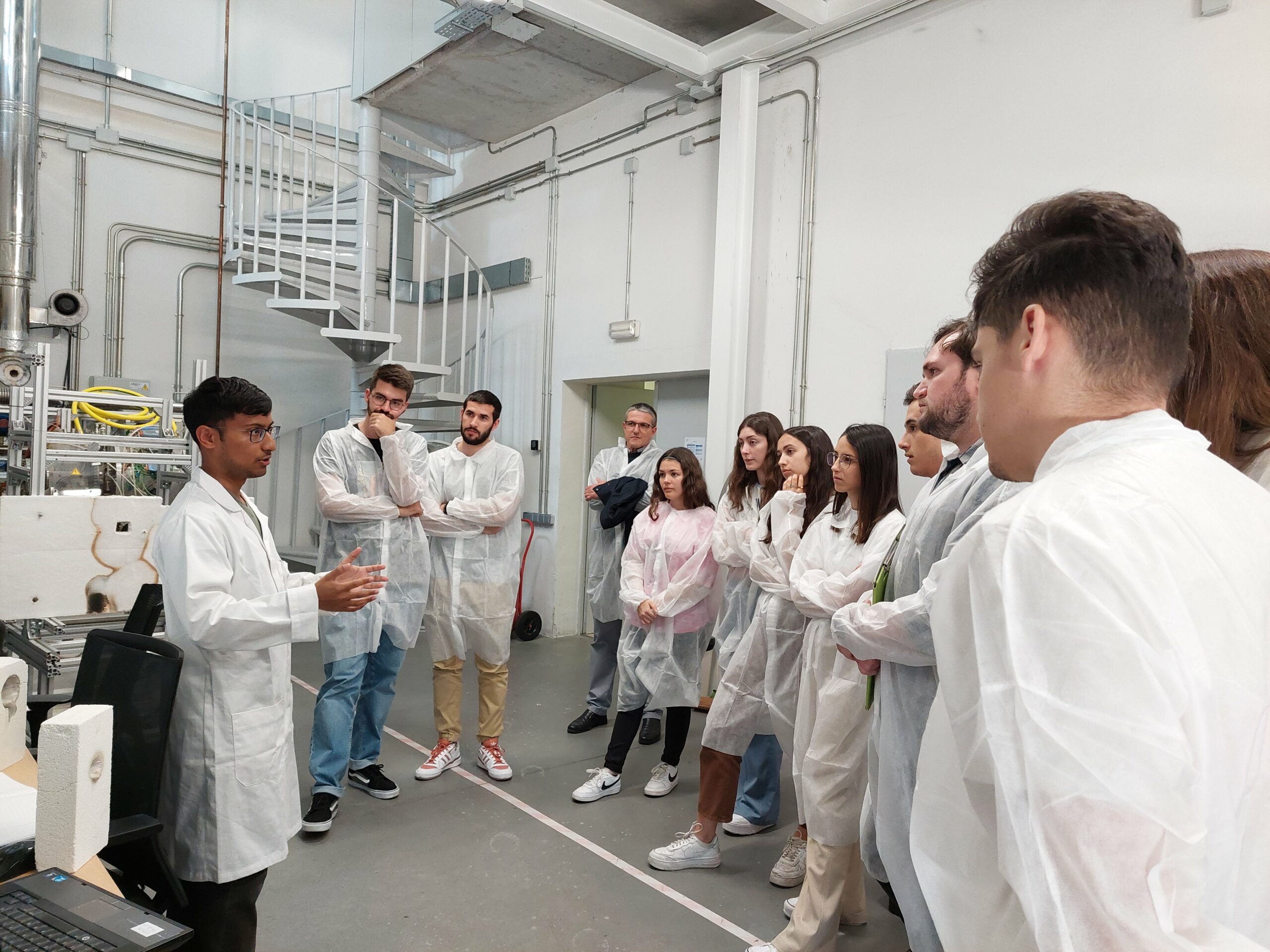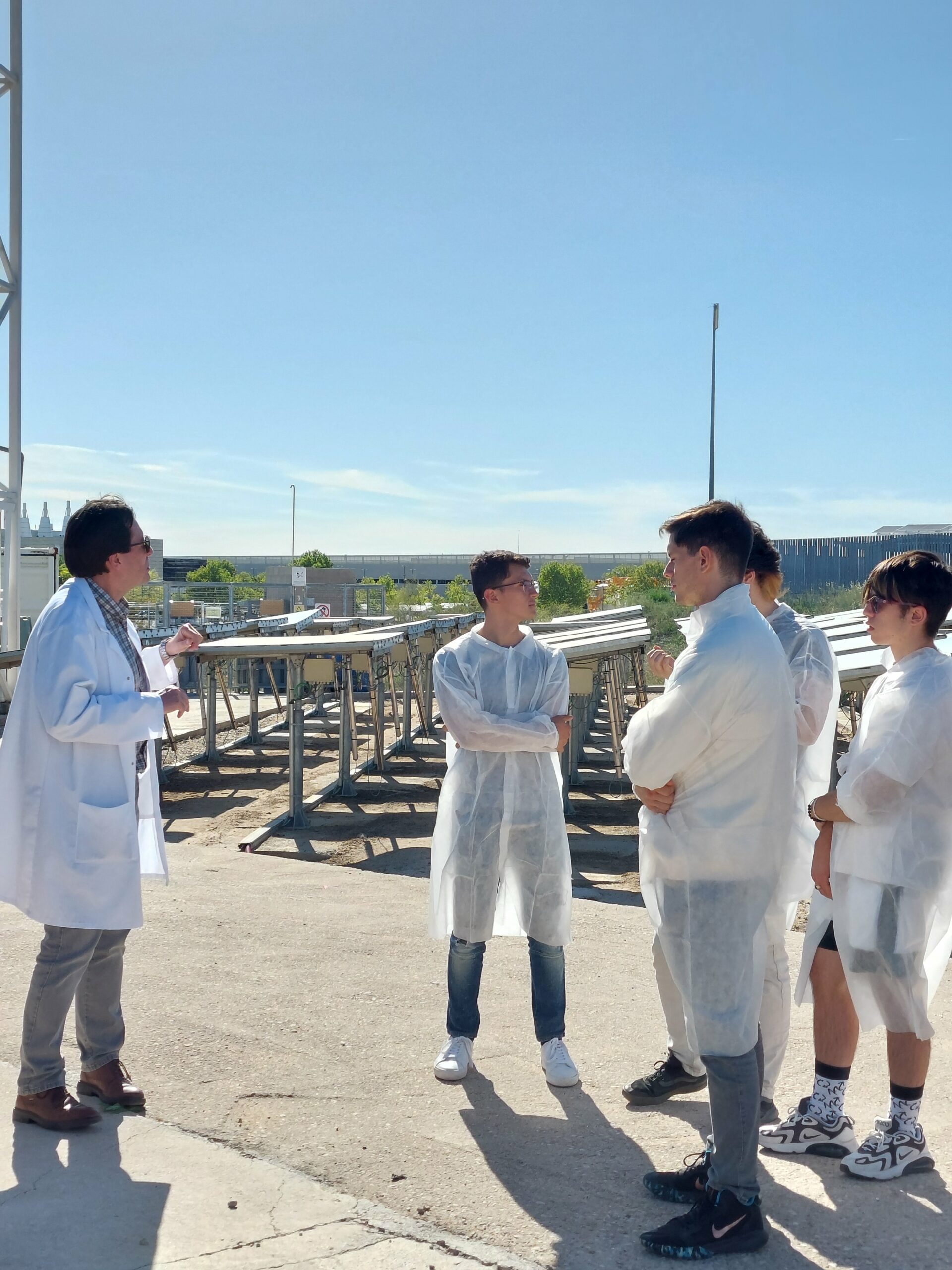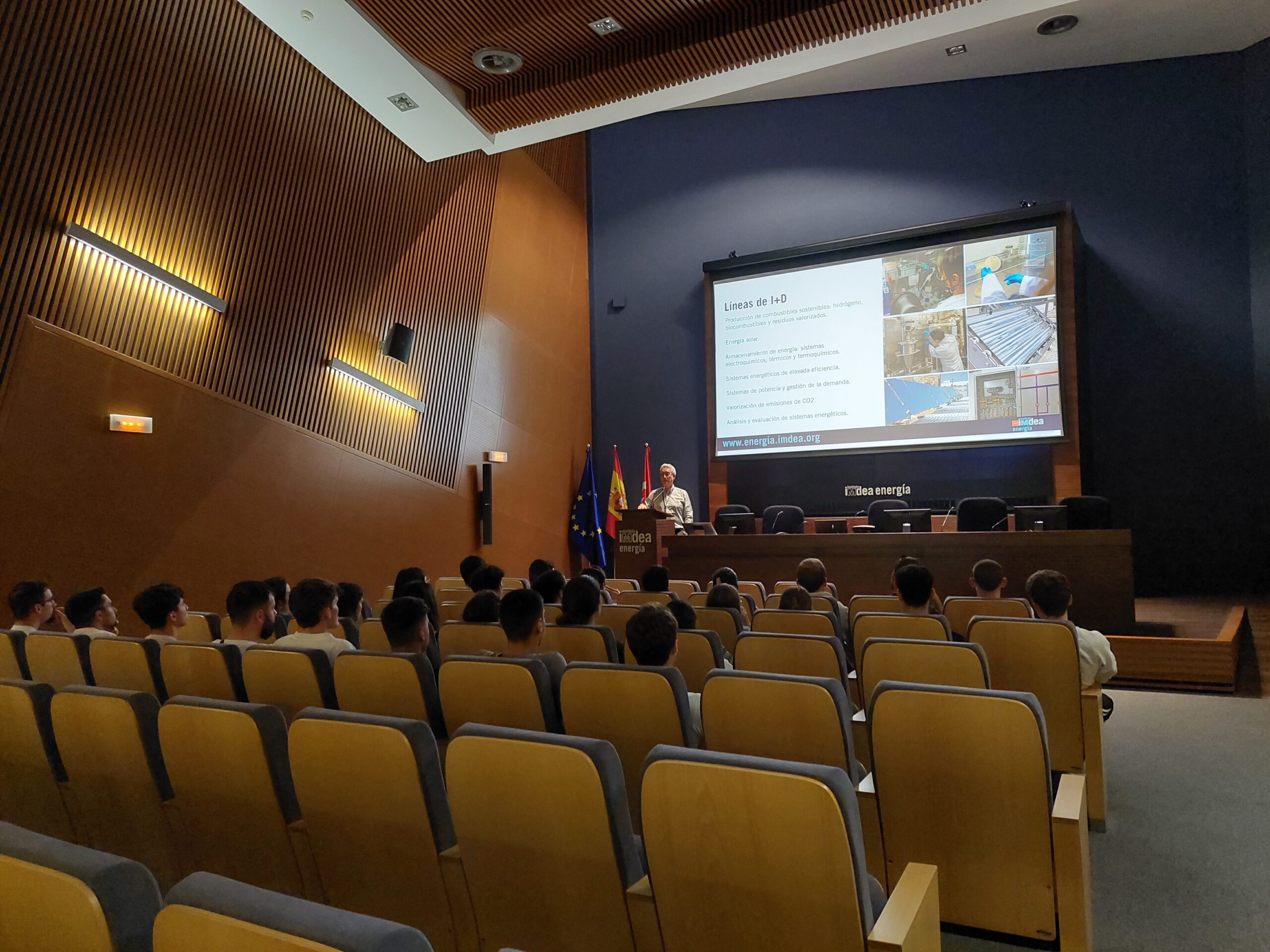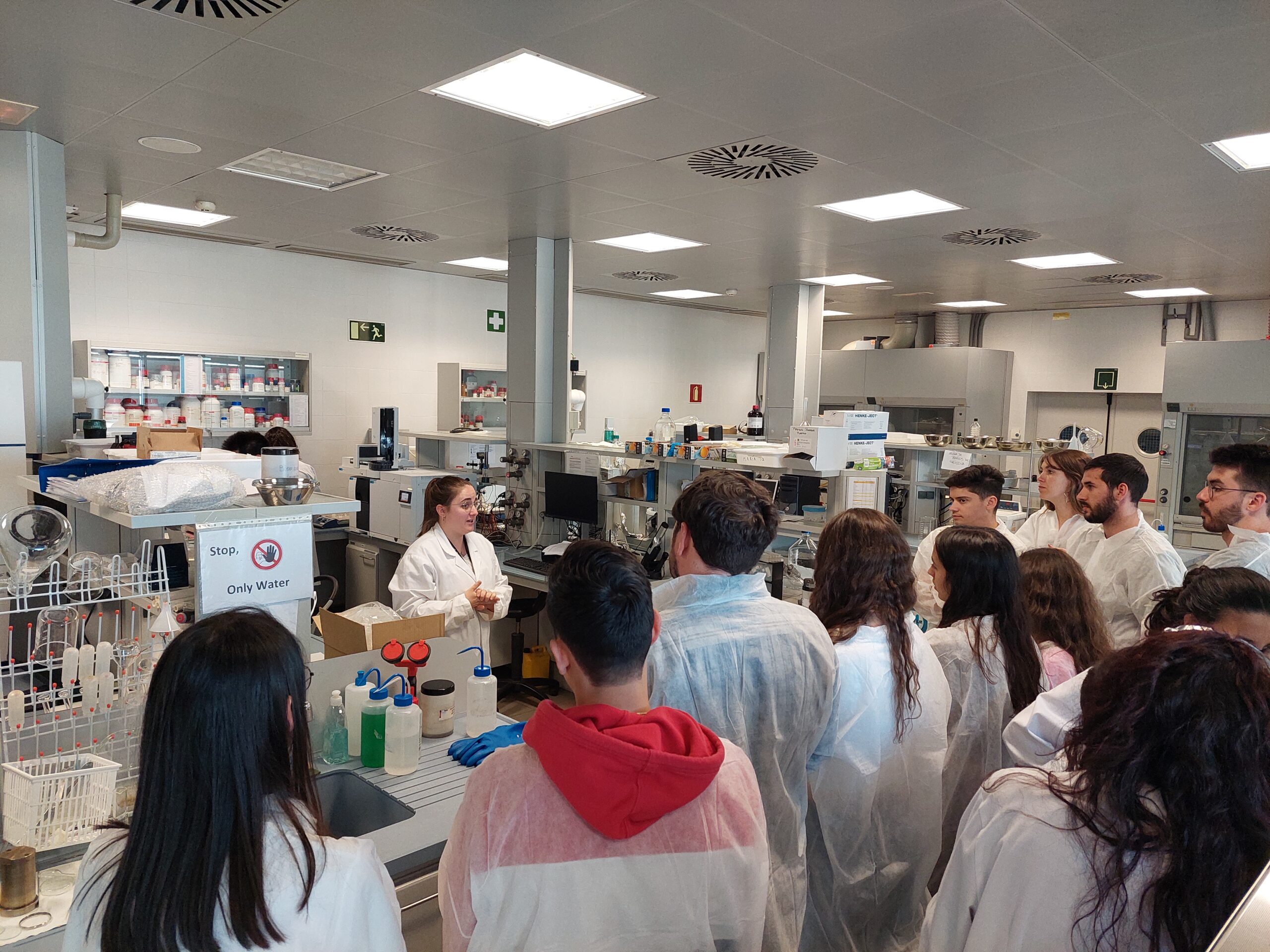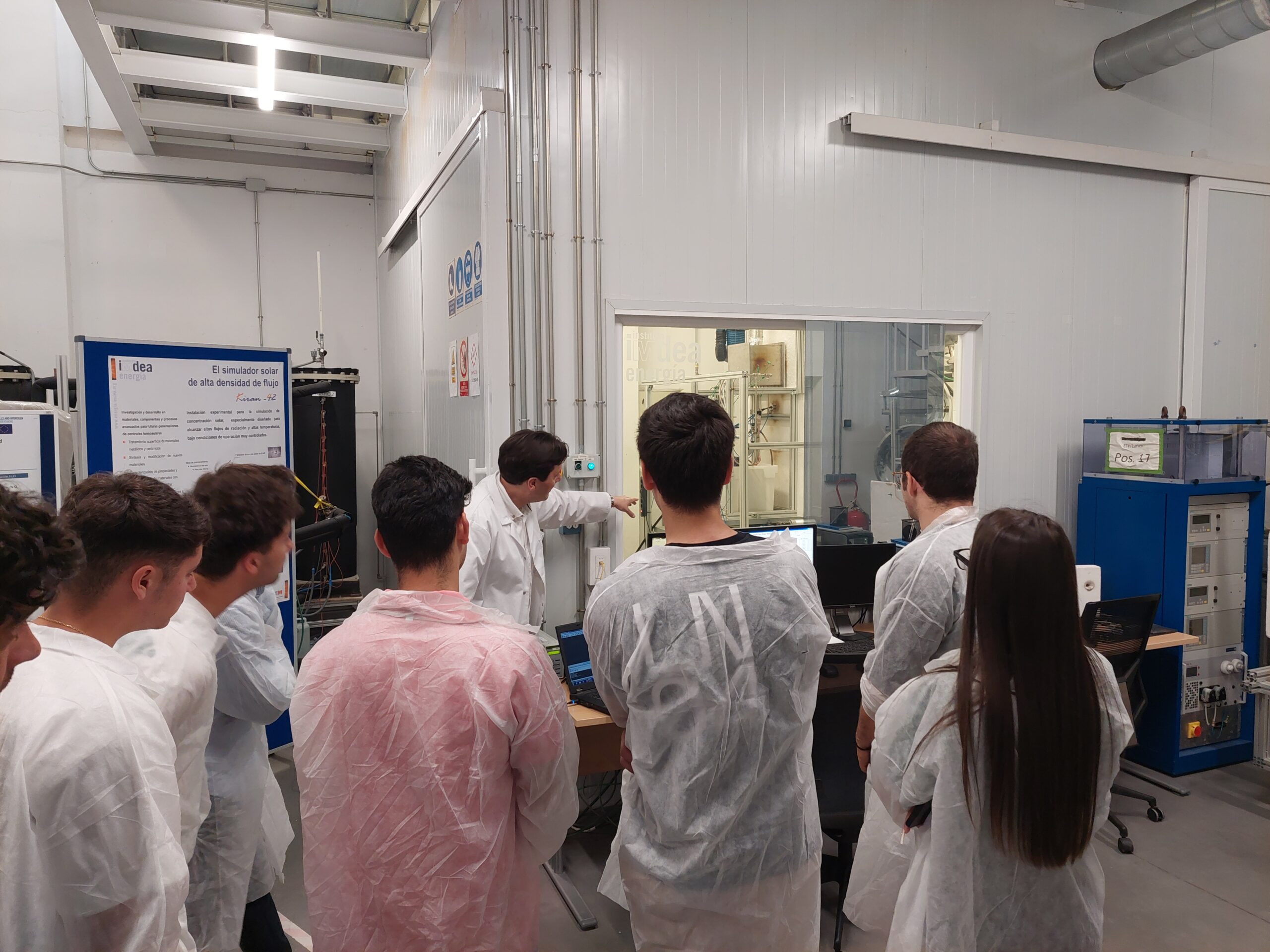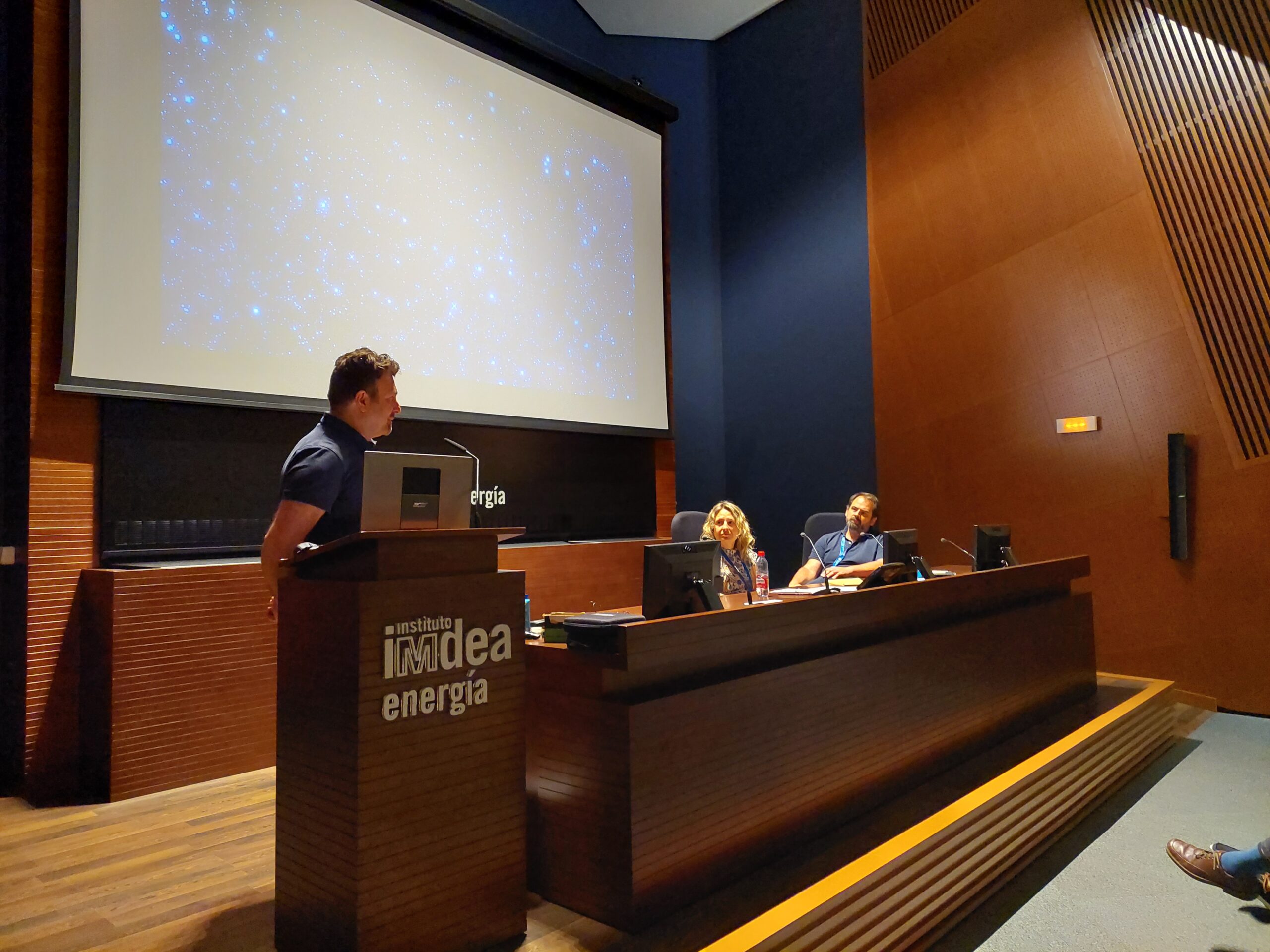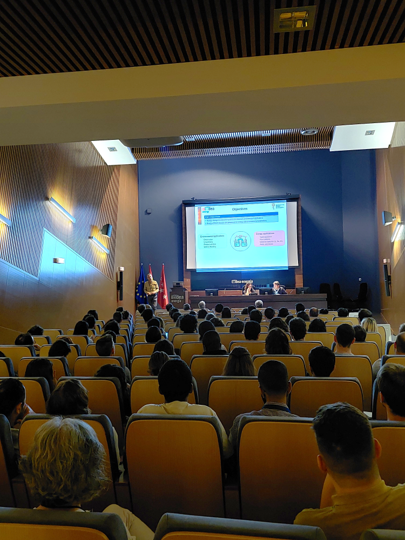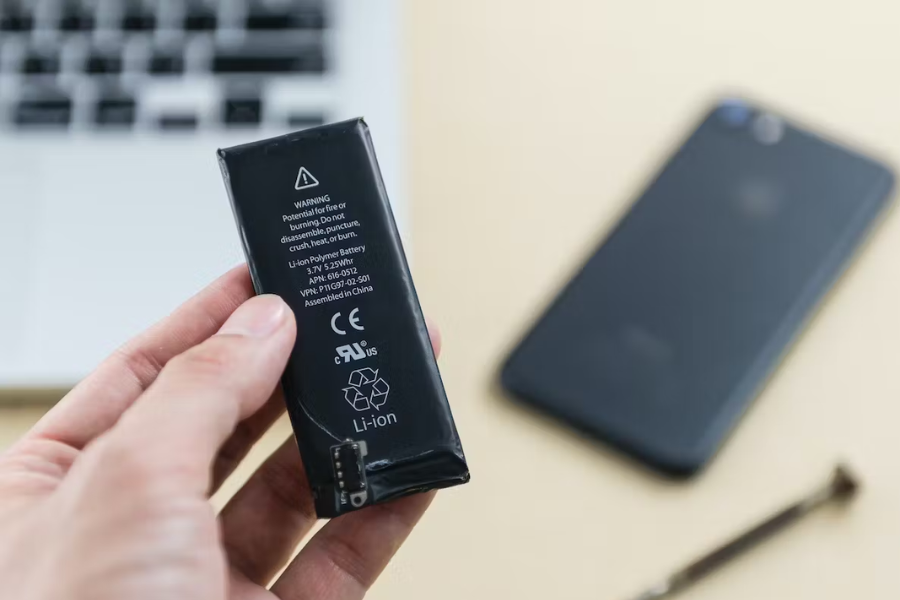IMDEA Energy actively participates at the Overfly Forum 23 technological meeting
The IMDEA Energy Institute has participated in the different activities of the Overfly Forum 23 technological meeting, held in Madrid on June 21st and 22nd, organized by Grupo Álava, where companies from various sectors met to share innovative technology and knowledge, including those related to the energy such as Repsol, Iberdrola, Enel, Enagás, Ford, PWC, Opal-RT or IMV, together with research centers such as ICMOL, CIEMAT , CNH2, INTA or Leitat, among other participants, many of them are part of the IMDEA Energy collaboration network.
Jesús Palma, Head of the Electrochemical Processes Unit and Vice President of the Spanish Technological Platform for Energy Storage Batteryplat gave a talk on “Energy storage technologies: Degree of maturity”, which aroused the interest of the attendees who participated in the subsequent discussion.
The meetings arranged within the framework of the “networking” brokerage event allowed Félix Marín, Head of Development and Technology Transfer, to present the activities and technologies of the IMDEA Energy Institute to the interlocutors of various companies interested in the Institute’s lines of research, the patents and technologies developed and the opportunities for collaboration in joint R&D projects.


